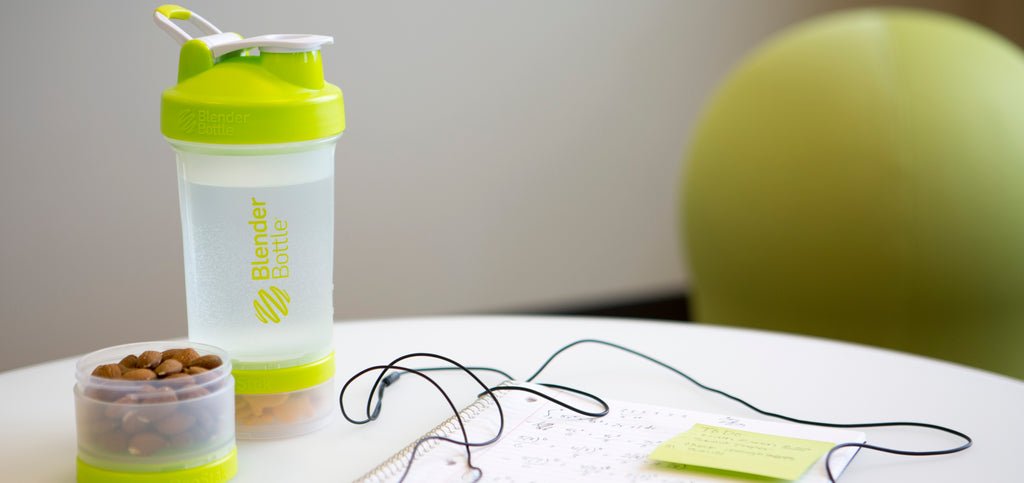For college students across the country, the end of the semester is nearly here. We've compiled some tips to help you get through finals week healthier and happier than before:

Get Active
Caring for your body is even more essential when you're feeling stressed. During exercise, your brain releases feel-good chemicals like dopamine and delivers more oxygen and nutrients to your tissues, including your brain. Your heart and lungs will work more efficiently, you'll feel more relaxed, and you'll get more done. Even if you're limited to twenty minutes between study sessions, try a quick yoga routine or take a brisk walk around the block.Take a Break
It may feel like you're getting more done when you study for hours on end, but you're actually making your studying less effective. Information is stored in your hippocampus before it becomes a part of your long-term memory, but the hippocampus won't be able to encode new memories if you go too long without a break. You're more likely to retain information if you engage in another activity at least once an hour, like making yourself a snack or reading a chapter of a book.Eat Well and Drink Often
When you're learning new information and taking tests, your body and brain need adequate nutrition to keep up. Be sure to eat lots of protein and fiber, as protein will give you energy and fiber will keep you feeling full longer. If you can, keep something nearby to snack on so your energy levels don't lag. Fresh fruits and vegetables, roasted nuts and seeds, and cheese on whole-grain crackers are all delicious and easy to carry with you. Hydration is also critical for good brain function. If you aren't well hydrated, you may develop headaches, dizziness, or lethargy. Keep a full water bottle with you at all times and drink from it regularly. If you have a hard time remembering to drink water, commit to taking a sip at the end of each page you read or every paragraph you write.Ditch the Screen
Computer reading generally requires different angles and distances than print reading does, and staring at a computer screen too long can make your eyes work harder than they should. This may lead to a temporary condition called Computer Vision Syndrome, which is characterized by headaches, dry eyes, and muscle soreness. When possible, give your eyes a break and read or take notes on paper. If you do have to use a computer for a long period of time, sit with good posture and look away or close your eyes for 30 seconds every fifteen minutes.Sit in the Sunlight
As much as you can, study during the day and in natural light, whether at a window or outside. This will regulate your Circadian rhythms and help you feel more alert, as exposure to natural light has been proven to improve your mood and quality of sleep.Tuck Yourself In
Without adequate sleep, you may as well not study at all. Your brain needs at least a few hours every night to organize new information, so capitalize on that time by preparing for bedtime half an hour in advance. Make yourself a warm drink, turn on some relaxing sounds, and lay back. You'll sleep better and learn better.
How do you keep healthy and active during finals week? Tell us in the comments below.


Leave a comment
All comments are moderated before being published.
This site is protected by hCaptcha and the hCaptcha Privacy Policy and Terms of Service apply.